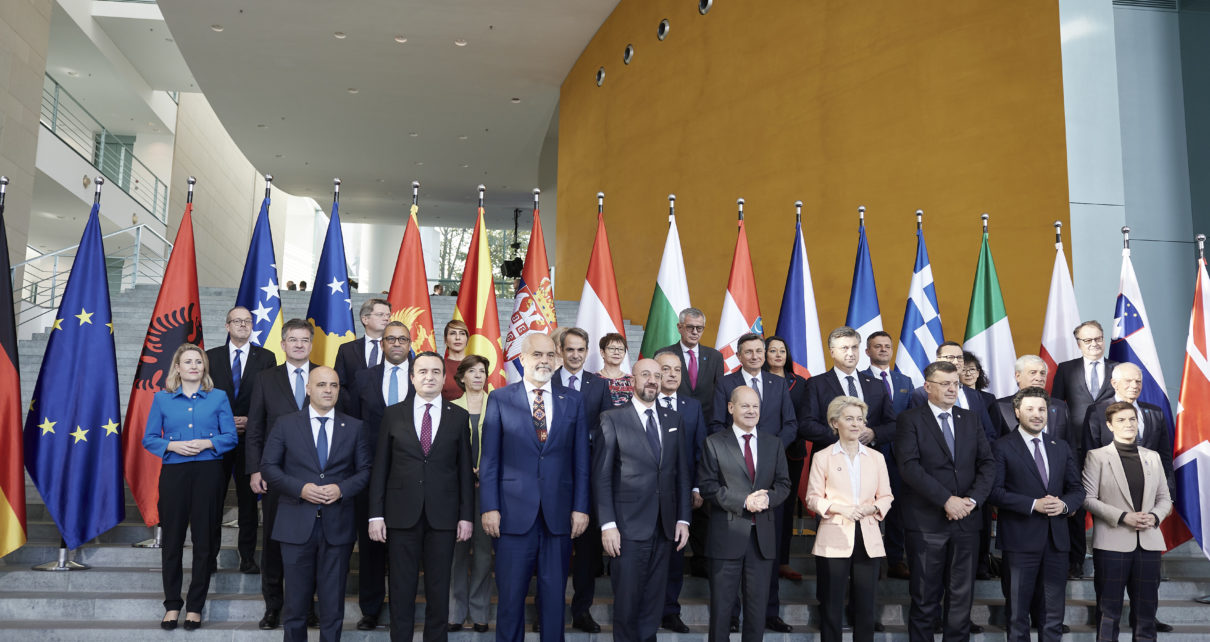Synthetic video content has become a permanent feature of today’s digital ecosystem, subtly shaping perceptions and influencing political and social decisions. Alongside this, hybrid warfare, blending conventional military tactics with cyberattacks and disinformation, has become a key strategy for adversaries. By exploiting the openness and connectivity of modern societies, these methods destabilize governments and deepen Read More…
Tag: cybersecurity
Canada’s Surveillance Paradox: How Privacy Laws Fuel Racialized Monitoring
Canada’s Expanding Surveillance State As global security concerns intensify, Canada has significantly expanded its border surveillance infrastructure under the justification of national security. Privacy laws, which are intended to protect individuals from government overreach, have instead been leveraged to enable invasive data collection and monitoring. This paradox is most evident in the way Canadian authorities Read More…
AI-Powered Mis/Disinformation War
In today’s digital age, mis-and disinformation has become pervasive, fueled by advancements in AI and deep-fake technology, while the centralized nature of social media platforms accelerates its spread, amplifying false narratives to vast audiences with unprecedented speed. NATO recognized this growing threat to democracy during the Washington Summit last summer, emphasizing its critical impact in Read More…
Blockchain in the Trump Era: Shaping the Future of Global Economy and Security
As the global landscape shifts under the Trump Administration, it is characterized by increasing political polarization, a focus on deregulation, and a growing interest in digital currencies and blockchain technologies. As a result, attention is now being paid to how these innovations could reshape the global economy and national security. The rising interest in digital Read More…
The Fight for the Mind: NATO’s Next Battlefield
Click here to download Photo Attribution: Plasma Ball (2022) by Stefano Bucciarelli on Unsplash Disclaimer: Any views or opinions expressed in articles are solely those of the authors and do not necessarily represent the views of the NATO Association of Canada.
The Missing Element to Navigating the Threat of AI
November 30, 2022 marked a turning point in the landscape of artificial intelligence (AI). On this day, a new technology known as ChatGPT landed in the hands of the public. Launched as an interactive chatbot by AI research and deployment company, OpenAI, the tool quickly initiated a cascade of exponential technological advancement that took society Read More…
Hybrid Threats in the Western Balkans: Implications for NATO and Transnational Security
In this article, NATO Association Program Editor Megan Keli analyzes the use of hybrid warfare in the Western Balkans. Through disinformation campaigns, cyber attacks, local media partnerships, and the like, external actors threaten NATO enlargement in the region and transnational security.
Who is Responsible for Protecting Canada’s Critical Infrastructure: A Conversation with Imraan Bashir
Imraan Bashir is Partner and National Public Sector Cyber Lead at KPMG in Canada. Prior to joining KPMG, Imraan directed the policy, strategy, implementation, and oversight of Government of Canada enterprise-wide cyber initiatives, including leadership of key programs such as cloud security and digital identity. Imraan was named one of the world’s top 100 most Read More…
The Importance of Cyber Security Vigilance: The Experience of Ukraine
The Russian invasion of Ukraine passed its one-year anniversary on February 24th this year, without a clear end to the war in sight. Russia has gained and lost territory, while Ukraine holds Kyiv and is stubbournly defending Bakhmut with the aid of foreign arms and funding. This situation is reminiscent of the conventional wars of the Read More…
ChatGPT – Are there Security Concerns?
ChatGPT has taken the world by storm. But are there security concerns? And if so, what can be done to address them? In this article Scott Burns provides an explanation of ChatGPT and discusses these issues.










